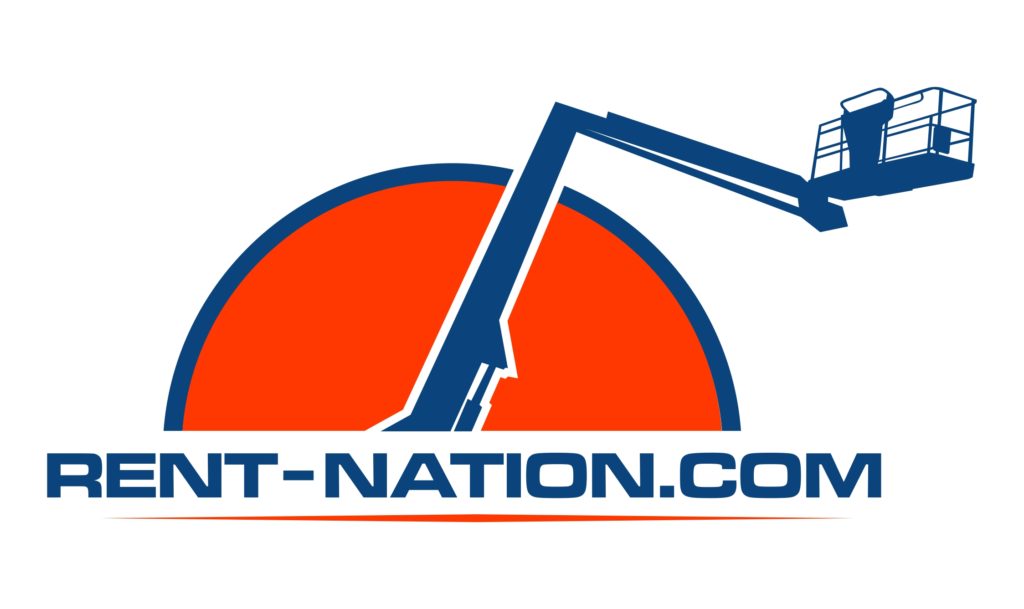Excavation can mean several things to different parties. If you are in the archaeological domain, you uncover the earth, check the material, and document what you find. You will have elements of excavation in the oil and gas industry and certainly in the construction sector. The main element that several domains share when it comes to excavation is the idea of digging into the earth.
The excavation process will necessitate customized techniques and tools that help each project do what they need to do. Industry leaders across the board must make sure to conduct excavations more rigidly after they complete their due diligence on the site and general terrain.
In an excavation, you modify the site through substantial labor to mold it to meet your needs. Essentially, excavation is shifting the earth and the materials on the ground by using small to large machinery with other tools. It is an extensive process and requires, in many cases, such as trenching and even tunneling to meet project goals.
The concept deals with exploration, drilling, and general industrial applications. We will see excavation take place on a large scale in the construction industry. For instance, excavation occurs to implement new high rises, commercial buildings, multi-family homes, and other aspects such as city fountains, and even the roads that we all drive on.
The excavation process is not always the same for each project, as each project may require different techniques to reach specific goals. Remember that excavation will also require due diligence and preservation throughout the process. Site managers must conduct prep work before the excavation occurs to ensure everything is in line with standards and regulations. Then, they must make sure to stay in line with these policies during and after the build.
Site managers will account for the extent of the excavation and note boundary lines for the project before beginning the project.
An in-depth overview of excavation looks like this:
